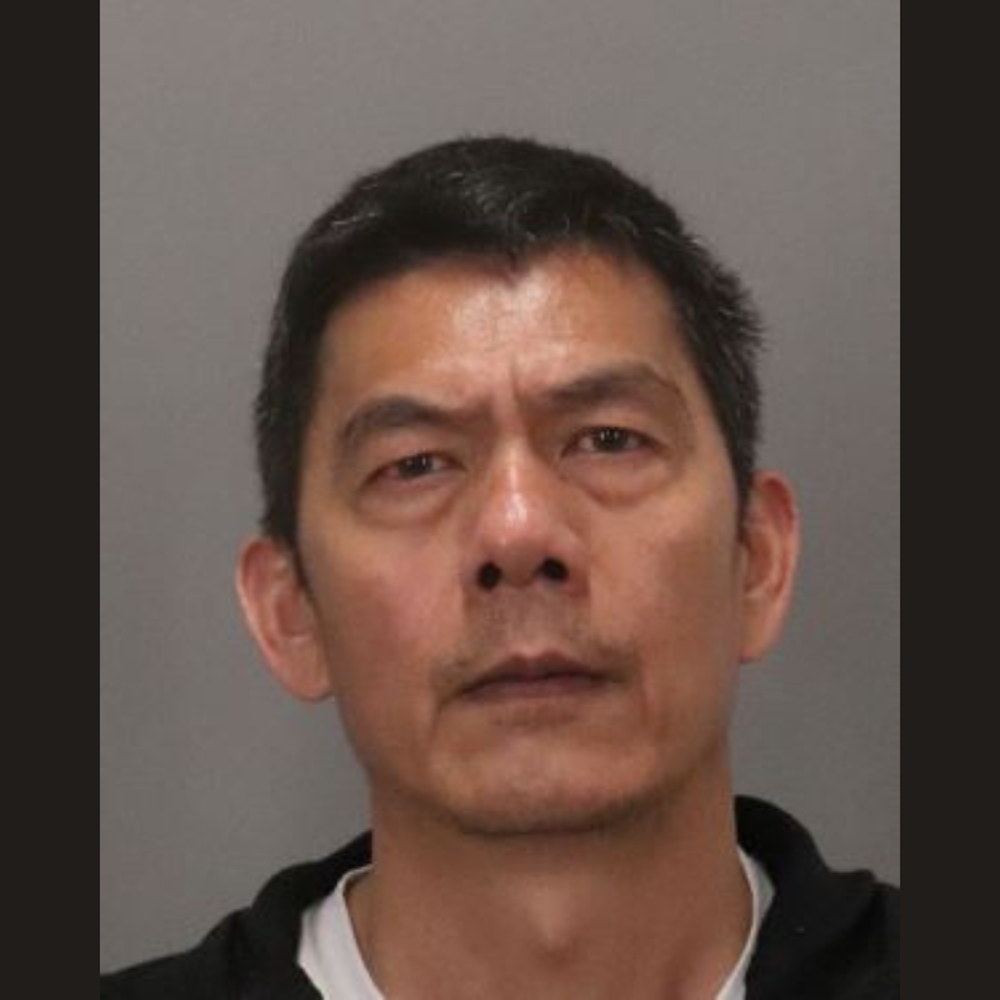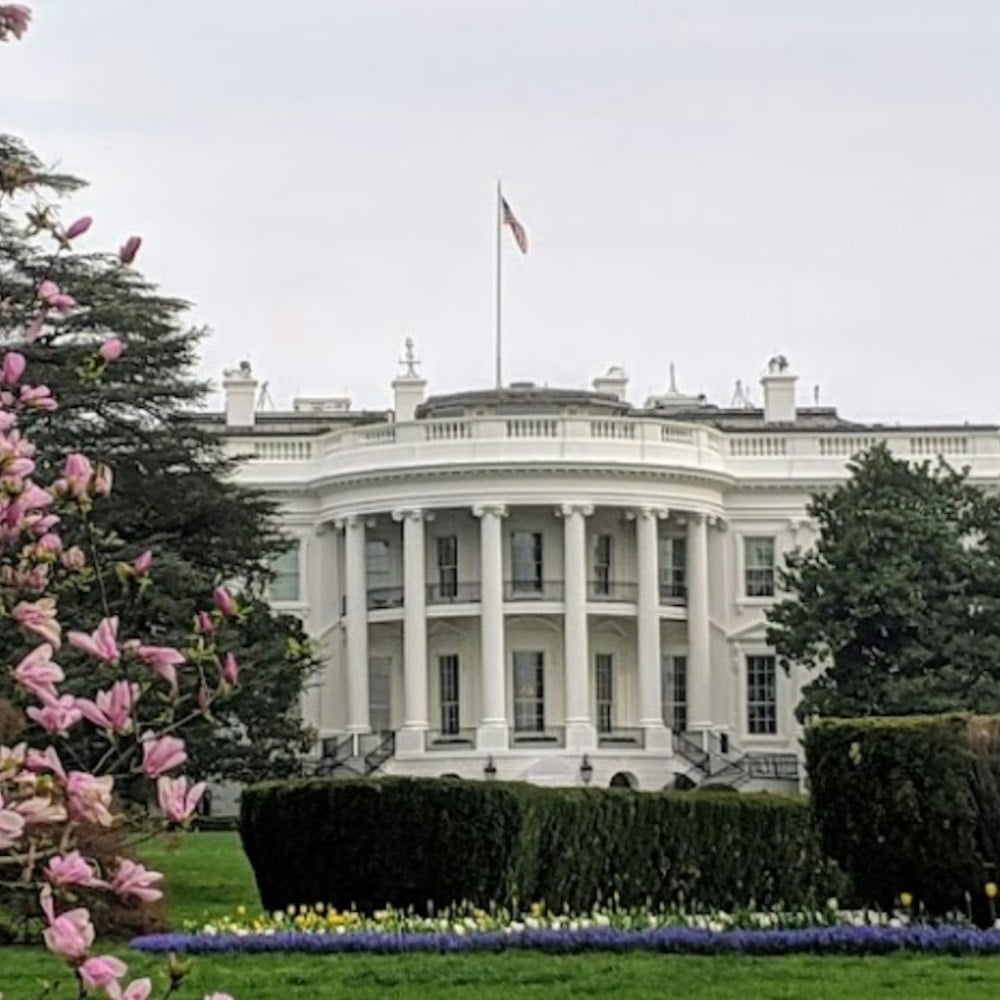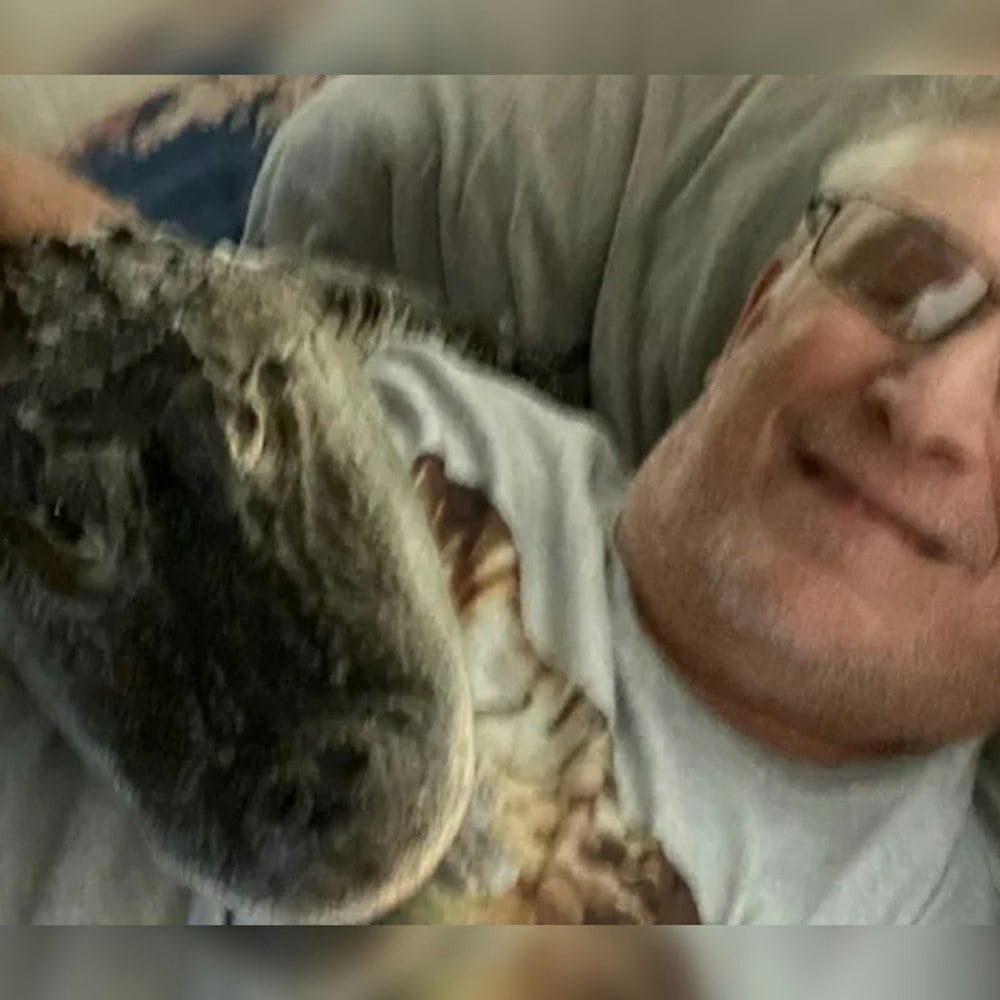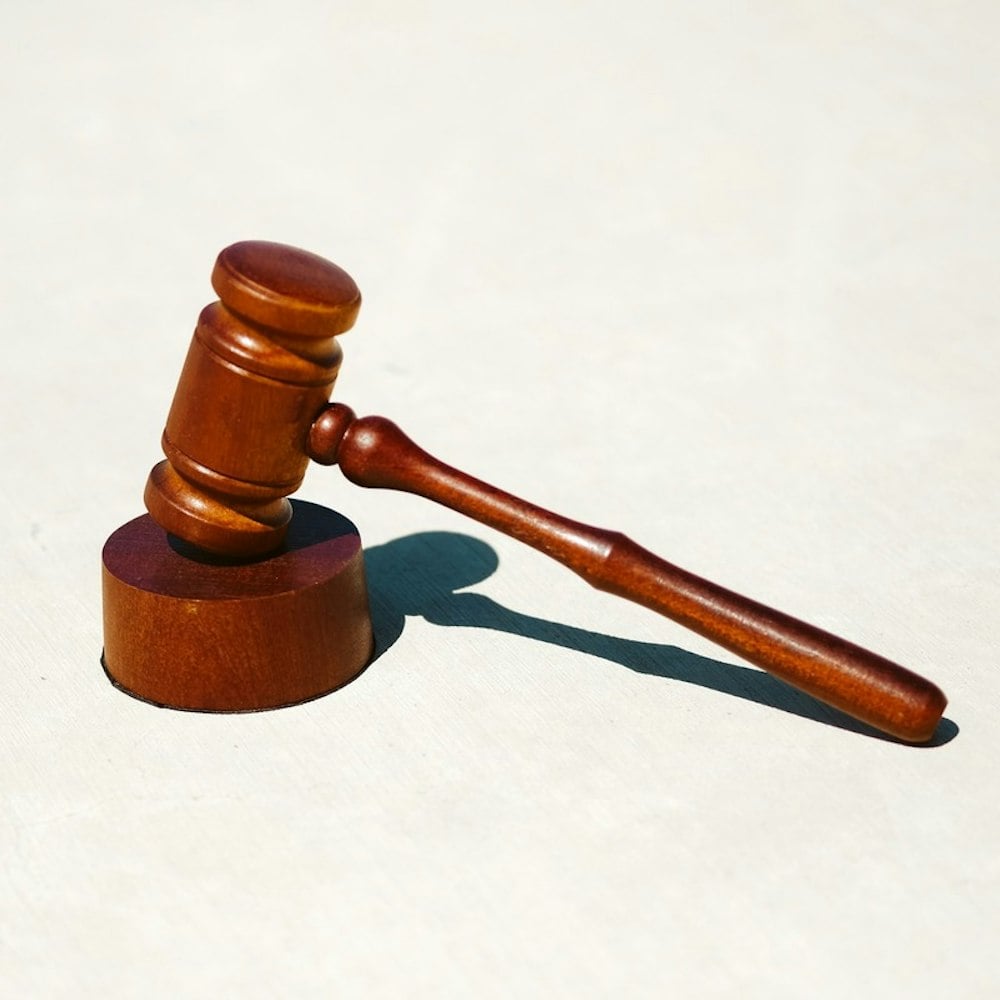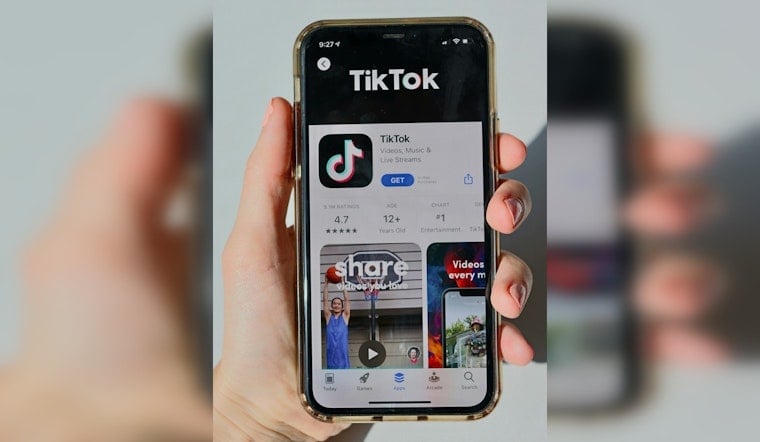
The future of TikTok in the United States is hanging by a thread as Congress contemplates a bill aimed at ejecting the popular video-sharing platform from American app stores. A House bill is pressuring ByteDance, TikTok's parent company, to divest ownership or face a potential ban, citing national security concerns due to suspicions over user data potentially being accessed by the Chinese government. This possibility has pushed TikTok creators to lobby against the legislative move, arguing not just the platform's value for their livelihoods but also questioning the privacy practices of U.S. tech giants.
According to a report by 12News, Valley influencers like Steven King and Linzy Taylor traveled to Washington D.C. in an attempt to sway lawmakers, pointing out the potential loss of income from a ban. King, known on TikTok as @btypep, relies on the platform to share his lifestyle content with nearly seven million followers, and Taylor's TikTok popularity has enabled her to start her small business, Harrizona Dream. "What about Facebook? What about Temu, Amazon, Shein? It's everywhere," Taylor questioned on the selectivity of privacy concerns.
Another creator, Nadya Okamoto, whose personal brand August has seen nationwide distribution, fears that banning TikTok could indirectly target Asian-Americans, contributing to growing xenophobia. Okamoto, who has amped up her brand's reach thanks to TikTok’s algorithm, shared her apprehensions in a CNN interview, saying, "there’s this conflation of the app directly with the Chinese Communist Party." While cybersecurity experts acknowledge the hypothetical risks of the data breach, there has been no concrete evidence presented publicly by U.S. officials to substantiate the fears that form the basis of the proposed legislation.
In a bed of worries about data privacy, creators are more conscious about the potential dent on their economy and freedom of expression. Teddy Siegel, who founded a TikTok account documenting accessible public restrooms across New York City, underscores the significance of the app in aiding social causes and connecting communities. "It has really helped me not only spark a movement, but to amplify this mission in a way that’s been able to make it so accessible," Siegel told CNN. Grey Prnce, another TikTok user, defended the platform, tired of the rhetoric. "I’m more worried about the United States having my data," Prnce stated, addressing concerns over potentially unfounded allegations about TikTok representing a national threat.
The final fate of the app rests in the hands of the Senate, which could rewrite the narrative for TikTok's over one billion users worldwide. Whatever the outcome, the implication of this move by Congress has resoundingly echoed through the pockets and passions of millions of Americans who find TikTok less of a risk and more of a revolutionary platform that has reshaped digital marketing, community building, and personal expression.

